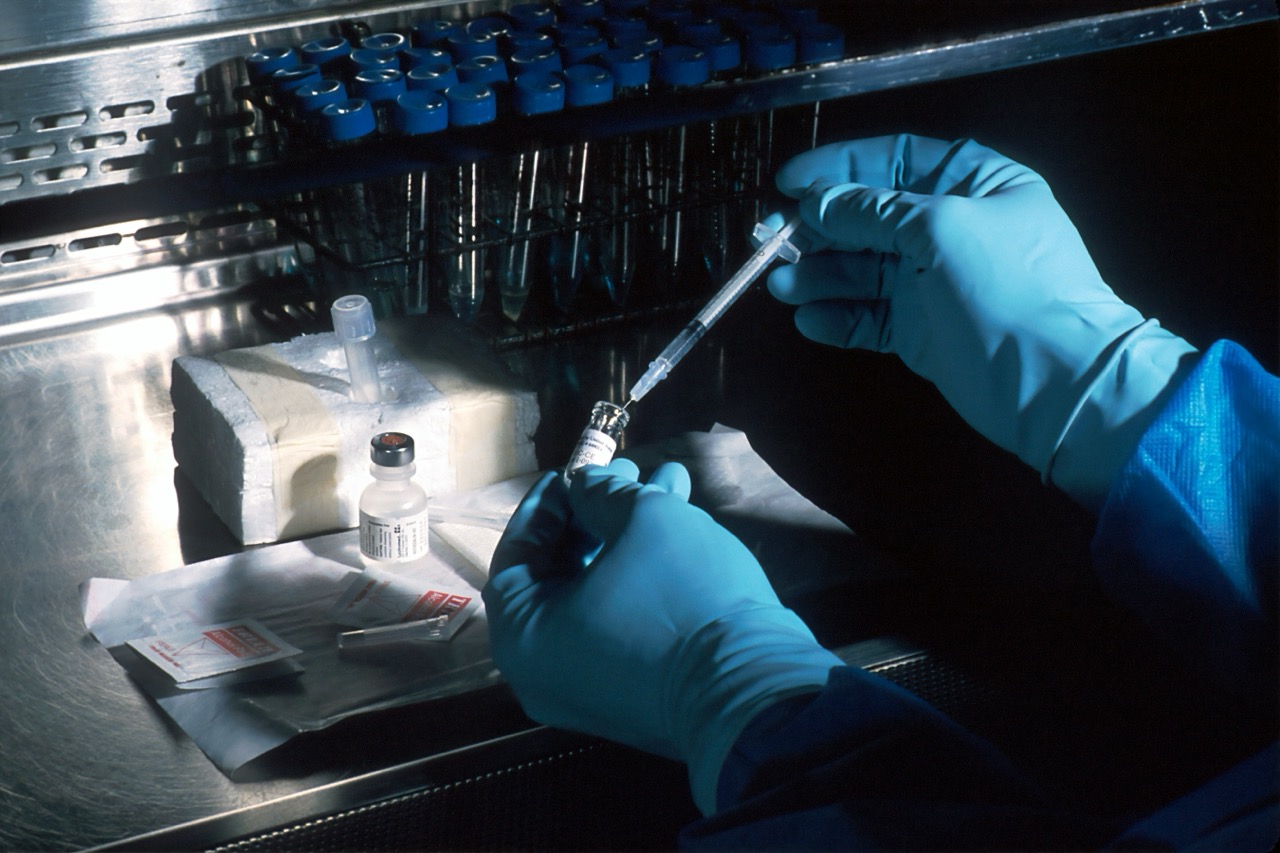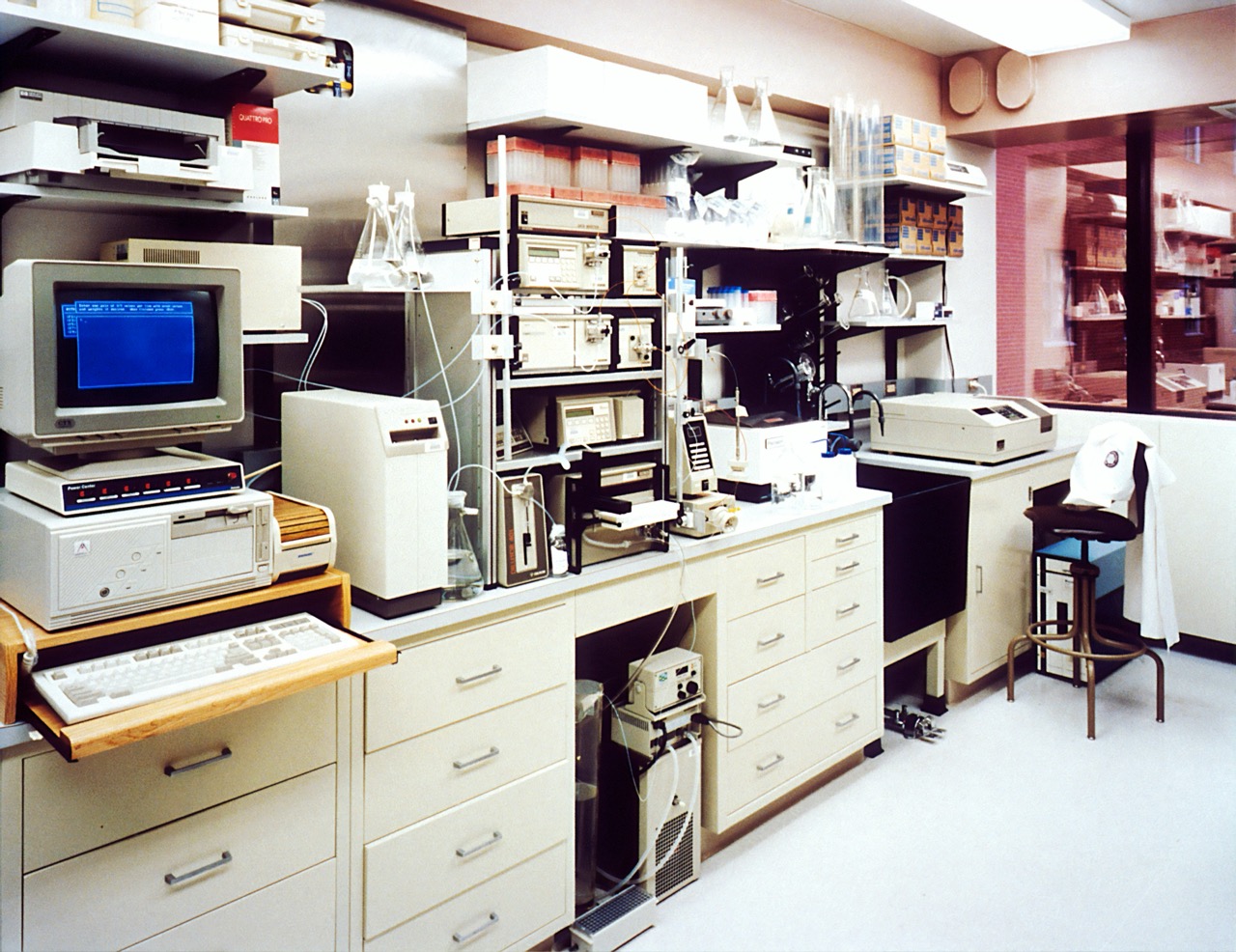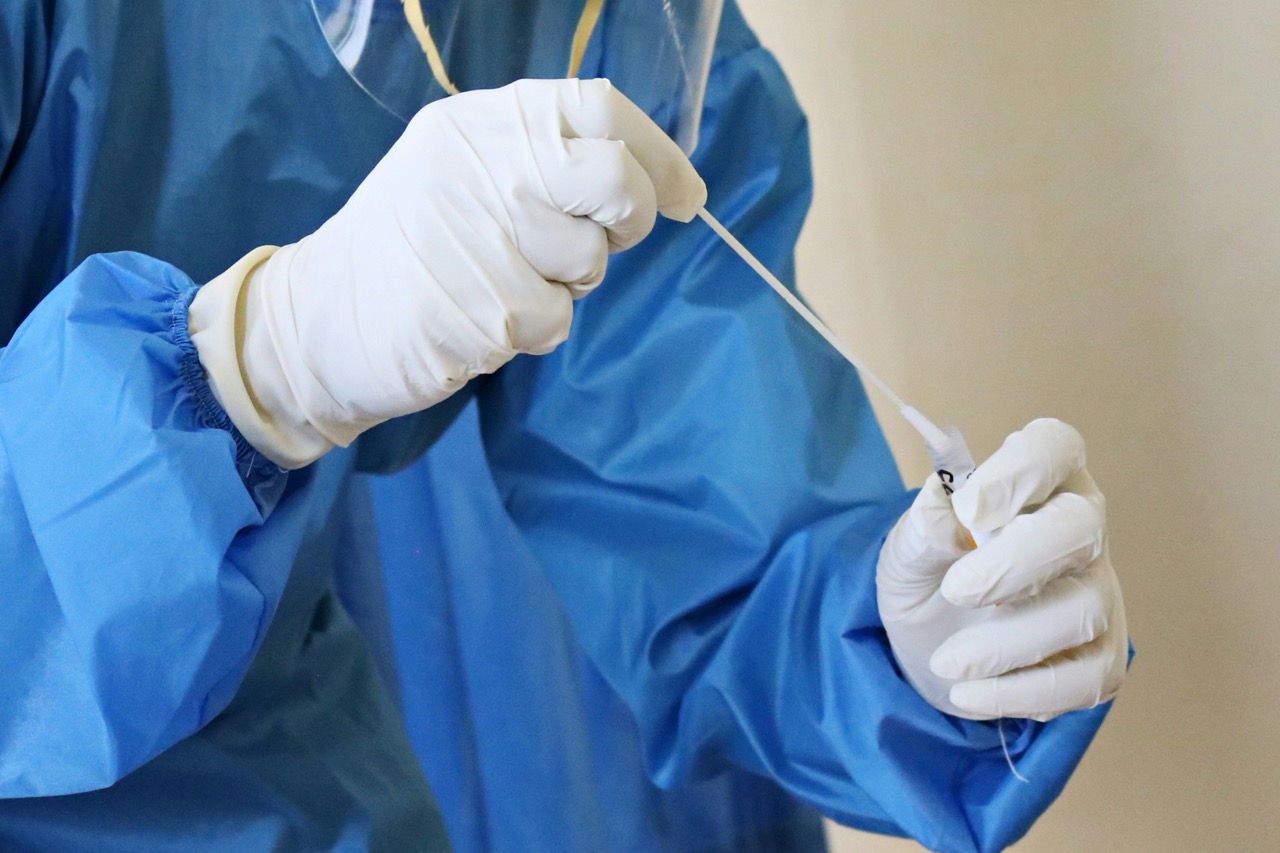The Most Common Misconceptions About STD Testing: Busting Myths with a Smile!
When it comes to sexual health, knowledge is power! But with so much information (and misinformation) swirling around, it’s easy to feel a little overwhelmed. STD testing is a vital part of maintaining not only your health but also the health of your partners. Unfortunately, there are many misconceptions that can lead to confusion and anxiety. Let’s dive into some of the most common myths about STD testing and put them to rest—cheerfully, of course!
Myth 1: “I don’t need to get tested if I don’t have symptoms.”
Ah, the classic “If it ain’t broke, don’t fix it” approach! Many people believe that if they don’t show any symptoms, they’re in the clear. The truth is, some STDs can be sneaky little devils. They may not show symptoms for weeks, months, or even years! Regular testing is essential for everyone who is sexually active, regardless of whether you feel fine or not. Think of it as a health check-up for your intimate relationships—better safe than sorry!
Myth 2: “Getting tested is painful and embarrassing.”
We get it—no one enjoys the thought of a medical exam, especially in such a personal area. But here’s the good news: the majority of STD tests are quick, simple, and often non-invasive! Many tests only require a urine sample or a swab, and you might even be able to get tested from the comfort of your own home with at-home testing kits. Plus, healthcare professionals are trained to handle these situations with sensitivity and discretion. So, wave goodbye to embarrassment and say hello to self-care!
Myth 3: “I can only get tested at a clinic or doctor’s office.”
While clinics and doctors’ offices are great places to get tested, they’re not the only options! Many community health centers, sexual health clinics, and even some pharmacies offer testing. There are also online services that provide at-home testing kits, making it easier than ever to prioritize your sexual health. No more excuses—your health is just a click away!
Myth 4: “If I had an STD before, I can’t get it again.”
This misconception is as tricky as a game of Whac-A-Mole! While it’s true that once you’ve been treated for an STD, it’s often possible to be re-infected if you have unprotected sex with someone who has it. Think of it like a plant: just because you’ve pruned it before doesn’t mean it can’t grow back if you don’t keep an eye on it. Always stay vigilant and consider regular testing as part of your garden of health!
Myth 5: “I’m only at risk if I have multiple partners.”
The idea that you’re only at risk for STDs if you have multiple partners is a common misconception that can lead to some risky behavior. The truth is, even those in monogamous relationships can be at risk if their partner has had previous sexual encounters that were not tested. STDs don’t discriminate based on relationship status! Open conversations with your partner about testing and health history are essential to keeping both of you safe.
Myth 6: “If I test negative, I’m immune to STDs forever!”
Wouldn’t that be nice? Unfortunately, the reality is a bit different. A negative test result is a snapshot of your health at that moment in time. If you engage in sexual activity after testing, especially without protection, you can still be exposed. Regular testing should be part of your routine, particularly if you have new partners or are sexually active. Consider it your regular check-in with your health!
Conclusion: Knowledge is Key!
Understanding the realities of STD testing can empower you to take control of your sexual health without fear or hesitation. It’s all about being proactive, informed, and embracing a healthy lifestyle! So, gather your courage, have those important conversations, and make regular testing part of your routine. And remember, you’re not alone—lots of people are on this journey, and it’s a positive step toward well-being. Smile, test, and thrive! Your future self will thank you.










